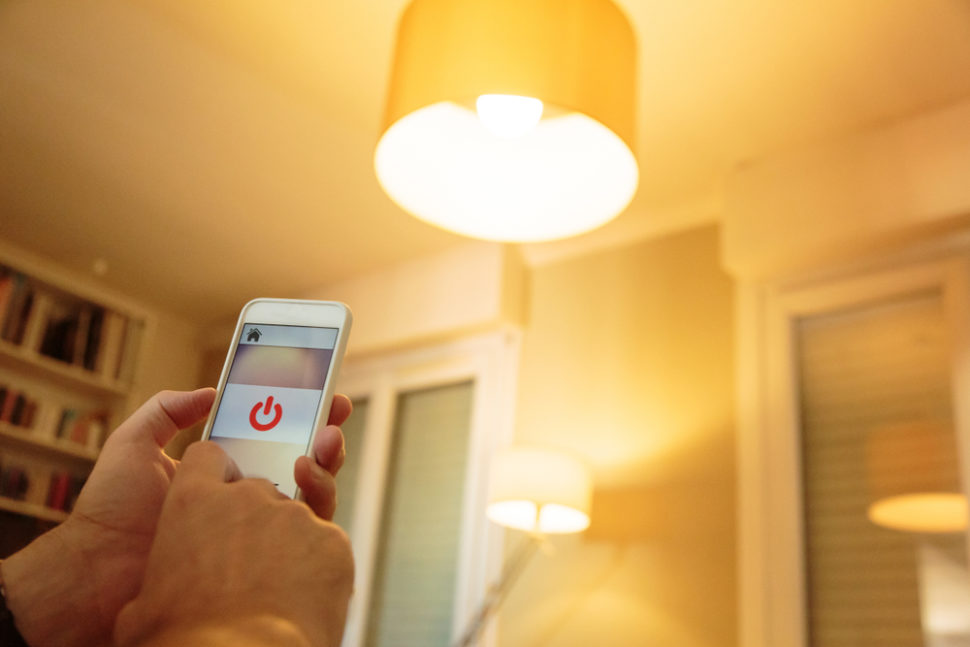Your smart bulbs may not be as safe as you think. While these bulbs may eventually light up most homes in the U.S., a study suggests that it could also open your personal information to hackers.
Smart bulbs are fast becoming a trend. According to Statista, the smart lighting market size will increase from $48.37 billion in 2016 to a whopping $105.28 billion in 2023.
Like most smart technology, the smart bulb raises the question of privacy.
Earlier in the year, reports of Microsoft‘s Xbox console recording children’s voice for analysis made headlines. So, it’s not so far-fetched that smart lightings could do more than light up your home.
In a statement to the press, professor at UTSA‘s Department of Computer Science, Murtuza Jadliwala said:
“Your smart bulb could come equipped with infrared capabilities. And most users don’t know that the invisible wave spectrum can be controlled. You can misuse those lights. Any data can be stolen: texts or images. Anything that is stored on a computer.”
So, Jadliwala and colleagues at UTSA conducted a review of the security flaws that may exist in popular smart-light brands.
How Hackers Can Collect Personal Information Via Smart Bulbs
Internet of Things devices communicates via a centralized hardware or software device – a smart home hub. The smart home hub is especially useful for connecting products that use the Zigbee or Z-Wave protocols or Bluetooth.
Now here’s the problem.
Some smart bulbs connect directly to the home network via wi-fi, hence bypassing the smart home hub. If these bulbs are infrared-enabled, intruders can easily send commands to collect personal information or spoof other IoT devices on the home network.
Since hackers can send their commands within the wi-fi network and not the internet, owners are unlikely to know about the attack.
Jadliwala explained:
“Think of the bulb as another computer. These bulbs are now poised to become a much more attractive target for exploitation even though they have very simple chips.”
What can you do about the security gaps in your smart light, you ask?
Well, the researchers recommend opting for a bulb with a smart home hub rather than one that connects directly with your home network. Also, manufacturers must develop security measures to limit their bulb’s access to other smart home electronics.



















Comments (0)
Most Recent